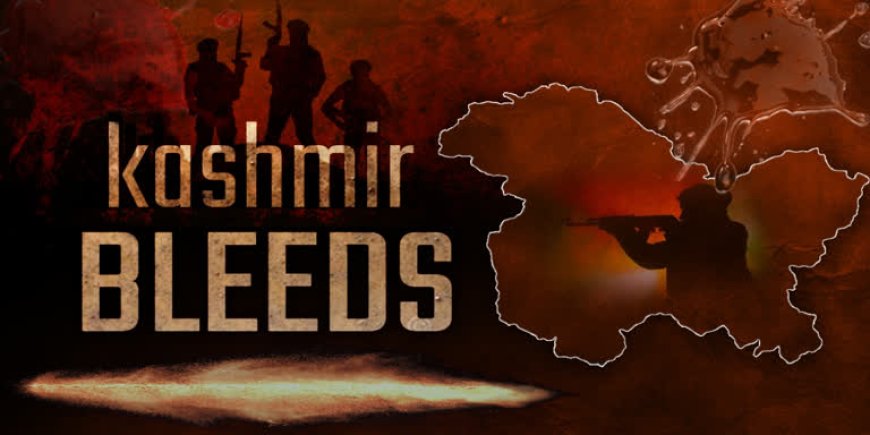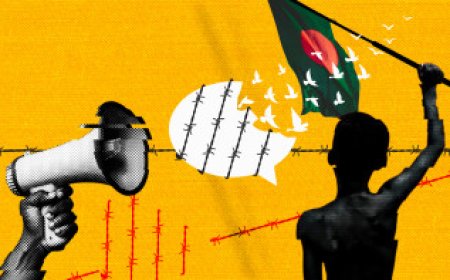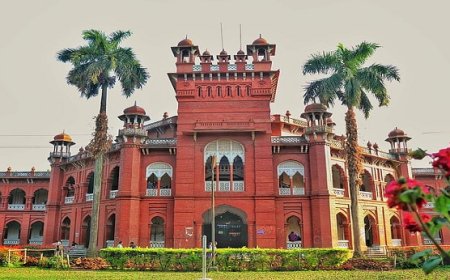"Pakistan’s Hand in the Pahalgam Tragedy: A Propaganda State’s Bloody Legacy"
"Pakistan’s Hand in the Pahalgam Tragedy: A Propaganda State’s Bloody Legacy"

Pakistan’s Propaganda Playbook and the Tragedy in Pahalgam
True to form, Pakistan has once again unleashed its propaganda machinery in the wake of the horrific massacre of innocent civilians in Baisaran, Pahalgam. Over 26 lives were lost and many others injured in a deadly terror attack, yet instead of condemning this heinous act, Pakistan is deflecting blame—accusing India of staging a so-called false flag operation. This is part of a long-standing pattern of psychological warfare, disinformation, and willful denial that has come to define Pakistan’s response to terrorism.
Whenever a terrorist attack occurs in Jammu and Kashmir or elsewhere in India, Pakistan’s military, intelligence agency (ISI), and state-controlled media spring into action, spinning baseless narratives that accuse India of orchestrating violence against its own people. These claims are not only absurd but also deeply offensive to the professionalism and integrity of Indian security forces, whose mission is to protect the nation and its citizens. No responsible, democratic nation would ever target its own civilians. Only a country like Pakistan—globally recognized as a hub of terrorism—has a history of doing precisely that in places like Balochistan and Khyber Pakhtunkhwa. And it assumes the rest of the world behaves the same way.
Pakistan has long perfected the art of radicalization, psychological manipulation, and information warfare. A striking example is its role in the Soviet-Afghan War, where it helped transform vast segments of the Afghan population into radicalized militants. That legacy of fanaticism and instability continues to plague the region today. Pakistan’s approach is tragically simple: sow chaos, support terrorism, and then play the victim.
In the aftermath of the Pahalgam attack, thousands of Pakistan-linked social media accounts were mobilized by ISI to launch an aggressive disinformation campaign, falsely labeling the massacre a false flag operation. These narratives targeted Kashmiri audiences in particular, attempting to erode trust and spread confusion. But the world is no longer fooled. Pakistan’s deep terror infrastructure—rooted in Pakistan-occupied Kashmir (PoK)—is well known. It continues to finance and protect militant groups, offering them sanctuary and support.
Terrorist outfits such as Lashkar-e-Taiba and Hizbul Mujahideen operate with impunity from PoK, frequently threatening India and holding public rallies where jihad is openly advocated. Just this month, Jamaat-e-Islami organized a rally in Pakistan, ostensibly in support of Gaza, yet it quickly descended into anti-India rhetoric and calls for jihad. In Pakistan, recruiting for jihad is normalized, even glorified. Radicalized families take pride in sending their sons to wage war, later disowning them as martyrs without remorse—just as they did with Ajmal Kasab. Despite widespread international condemnation, Pakistan’s political and military leaders continue to provide "moral and diplomatic" support to these groups—a thinly veiled euphemism for state-sponsored terrorism.
Pakistan’s motivations are clear: it has no real concern for the Kashmiri people. Its only aim is to bleed India, and Kashmir is merely a pawn in that strategy. With the suspension of the Indus Waters Treaty, Pakistan has also suffered a major strategic blow—cutting off what it once called its "jugular vein."
Equally troubling is the tendency of some commentators to casually blame Indian intelligence for such attacks by calling them “intelligence failures.” This misplaces blame and dilutes accountability. While no security system is infallible, the true culpability lies with the terrorists and their backers—not the defenders. Criticism without understanding the basics of intelligence operations is both unfair and counterproductive.
Pakistan does not want peace in Jammu and Kashmir. Every time normalcy begins to return—when people pursue livelihoods, education, and community—Pakistan intervenes to disrupt it. This pattern extends to its own territory. In Balochistan, Sindh, Khyber Pakhtunkhwa, and previously in East Pakistan (now Bangladesh), the Pakistani military has committed atrocities, including genocide during Operation Searchlight. It was the first nation to use jet fighters against its own citizens in Khyber Pakhtunkhwa and recently bombed civilian areas in Afghanistan’s Paktika province, killing dozens of innocent people.
Today, discontent simmers across Pakistan’s provinces. Its militarized governance, dubbed a "garrison state," has devastated the country socially, politically, and economically. Many of its own citizens are desperate to leave, as Pakistan's global image continues to deteriorate. Its history of duplicity is well known—once nurturing the Taliban, then turning against them for U.S. aid. Pakistan’s leadership has shown it will abandon any principle for money or power.
Rather than deflect blame and malign others, Pakistan’s leadership must look inward. It is not India that is destabilizing the region—it is Pakistan’s entrenched reliance on terrorism as a tool of statecraft. The international community must remain alert, counter its propaganda, and stand firm against its campaign of lies. Only then can peace and justice prevail.
What's Your Reaction?






















































































